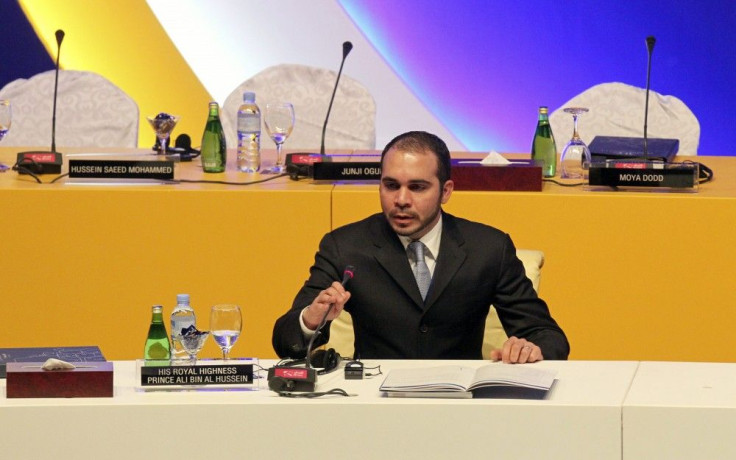Israel''s Al Aqsa and East Jerusalem Issues Threatening Its Multi Billion Gas Deal With Jordan

The rising tensions in Israel centring around Al Aqsa mosque and its settlement plans in East Jerusalem are threatening its $15 billion gas deal with Jordan. The relations between Isreal and Jordan are deteriorating. Under an earlier agreement, Jordan was to sign a purchase agreement to buy $15 billion of natural gas from Israel. But the plan, earlier endorsed by the Jordan government, is facing strong opposition within the kingdom because of the deepening Israeli-Palestinian conflict, which many fear, could delay or scupper the deal.
Envoy Recalled
Jordan's tiff with Israel escalated in the past few months, and it took the unprecedented step of recalling its ambassador after Israeli security forces entered Jerusalem's Al Aqsa Mosque to subdue protesters, who tried to offer worship there, despite a long-standing deal prohibits Jewish prayers at the site. The two countries had signed a peace treaty 20 years ago. But this is the first time in two decades Jordan has taken such an extreme step of pulling out its envoy, reported Gulf News. A summit in early November convened by the U.S. Secretary of State John Kerry, Jordan's King Abdullah and Israeli PM Benjamin Netanyahu had agreed to take measures to cool the tensions over Al Aqsa.
However, Jordan government still has many deals with Israel for cooperation in water, security and other issues, despite the widespread public antipathy faced by Israel's policies toward the Palestinians. Though Jordanian officials assert that the 15-year deal to buy gas from Israel's offshore Leviathan reservoir is on track, they are non-committal as to how the renewed tensions over Al Aqsa would jeopardise it. Mr. Mohammad Al Momani, Jordan's information minister, said: "Our peace treaty with Israel is binding on all aspects of bilateral relations. If the escalation continues, coordination and cooperation might be affected."
Protest In Jordan
Israel's Leviathan project has a U.S. angle to it. The Noble Energy of the U.S. and Israel's Delek Drilling are part of the project. The Leviathan project entered into an agreement with Jordan's National Electric Power Company in September. Before clashes broke out at Al Aqsa last month, Jordan's energy minister had been saying that the country was on track to sign the gas agreement in November. The deal was supposed to end Jordan's reliance on patchy gas supplies from Egypt and its annual energy bill was also set come down by $1.4 billion.
However, opposition to the agreement is building up among various civil society groups who are protesting openly, with placards, and urging to scrap the "Zionist gas deal." Fadi Nashashibi, an engineer and a Jordanian of Palestinian descent, justified the protests, saying that, "we are building a very good terminal in Aqaba where we can buy liquid gas from anywhere in the world." The engineer was referring to the new liquefied gas terminal in the southern city that could allow gas to Jordan from Qatar or anywhere. But Jordan officials say that the Israeli gas is the cheapest.
More Homes
Meanwhile, Reuters reported that Israel is going ahead with its settlement plans in East Jerusalem. A couple of days ago, it approved the plan to construct more homes in the two settlements of Har Homa and Ramot despite international protests. Israel described the two urban settlements as "Jerusalem neighbourhoods."





















